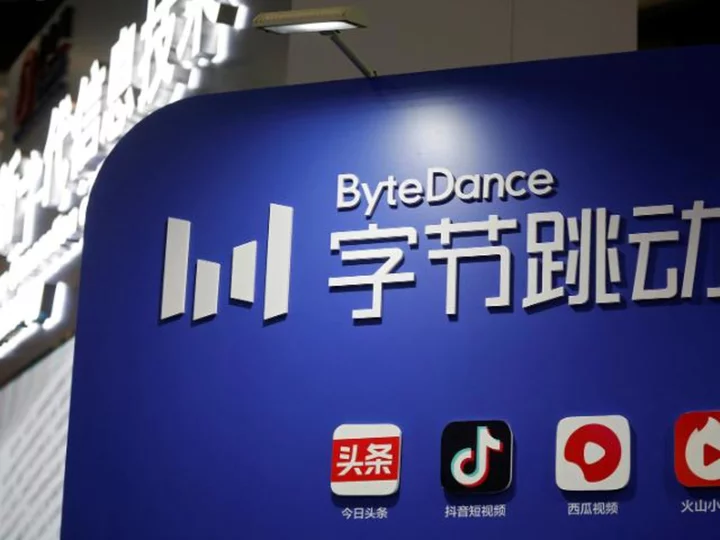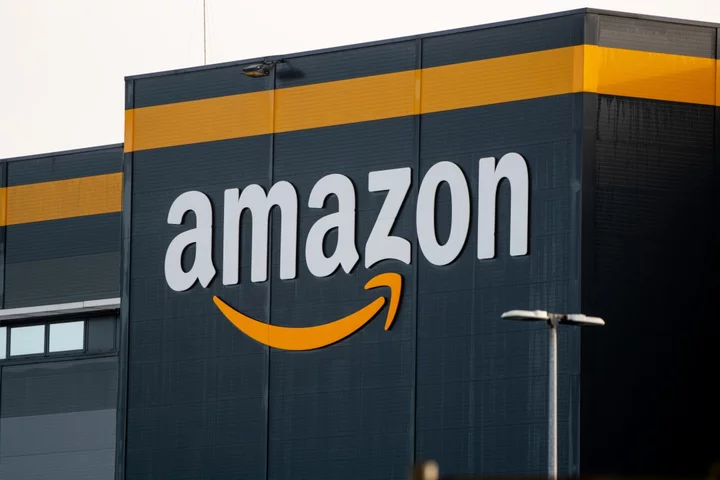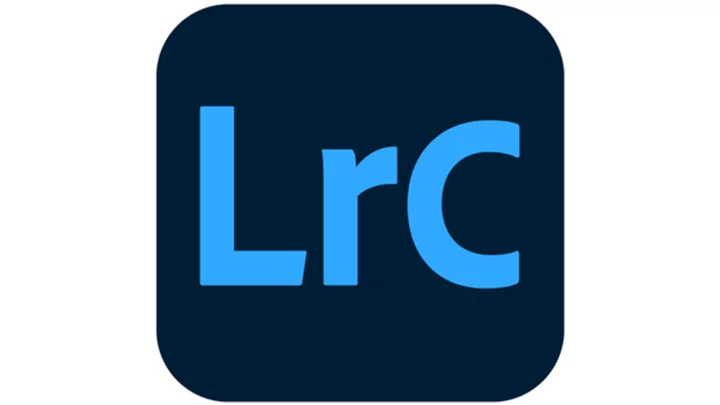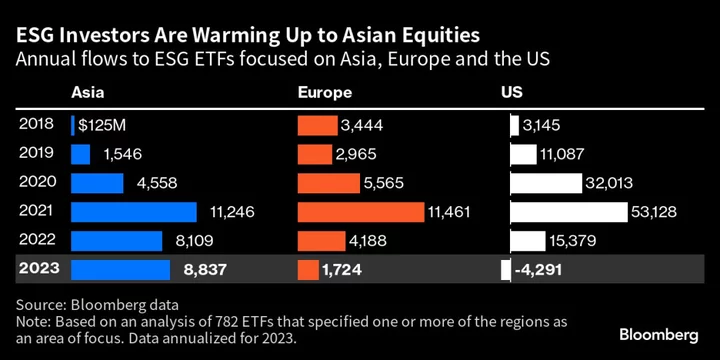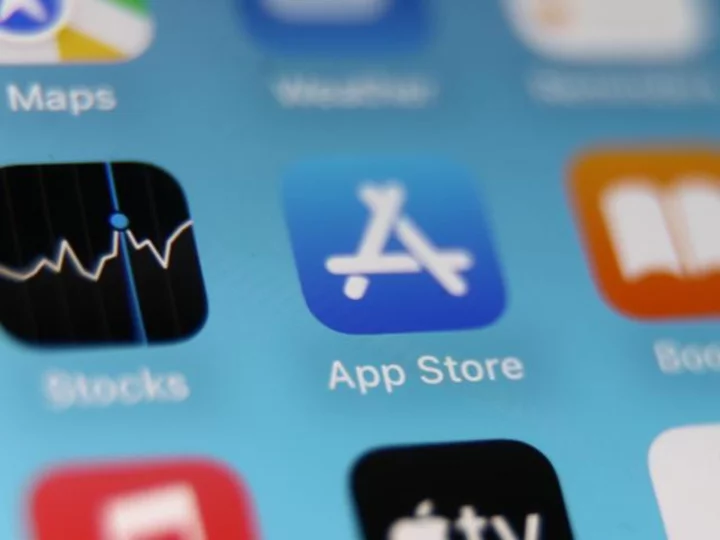China's Communist Party had "supreme access" to all data held by TikTok's parent company Bytedance, including on servers in the United States, a former employer who is bringing a wrongful termination lawsuit has alleged.
The allegations in the lawsuit -- which Bytedance denies and has vowed to contest -- comes at a time of intense scrutiny within the US and other Western nations over what level of control, if any, Beijing is able to exert over TikTok and the social media app's wildly popular content.
Yintao "Roger" Yu filed a lawsuit of wrongful termination against Bytedance in Superior Court in San Francisco earlier this month. He says he worked at the company from August 2017 to November 2018, as a head of engineering for US operations.
In a new complaint filed on Friday, Yu claimed that the Chinese Communist Party (CCP) had a special office in the company, sometimes referred to as the "Committee," which monitored Bytedance and "guided how it advanced core Communist values."
"The Committee maintained supreme access to all the company data, even data stored in the United States," the complaint obtained by CNN read.
Yu's lawsuit alleges that the company made user data accessible to China's Communist Party via a backdoor channel, no matter where the data was located.
Yu also claimed that he had observed Bytedance being "responsive to the CCP's requests" to share, elevate or even remove content, describing Bytedance as "useful propaganda tool" for Beijing's leaders.
A Bytedance spokesperson has denied Yu's allegations, saying he worked on an app called Flipagram while at the company, which was discontinued due to business reasons.
"We plan to vigorously oppose what we believe are baseless claims and allegations in this complaint," the spokesperson said to CNN.
"Mr. Yu worked for ByteDance Inc. for less than a year and his employment ended in July 2018," which Yu disputed in his complaint.
Issues of user content
Earlier reporting from Yu's lawsuit detailed how shortly after he began his job, he realized that Bytedance had for years engaged in what he called a "worldwide scheme" to steal and profit from the content of others.
The scheme involved using software purposely unleashed to "systematically" strip user content from competitors' websites, chiefly Instagram and Snapchat, and populate its own video services without asking for permission.
The former employee alleged he was "troubled by ByteDance's efforts to skirt legal and ethical lines."
Yu is seeking compensatory damages such as lost earnings, injunctive relief and liquidated and punitive damages.
In a statement to CNN, a ByteDance spokesperson said the company is "committed to respecting the intellectual property of other companies, and we acquire data in accordance with industry practices and our global policy."
The latest allegations come as the hugely popular TikTok app is at risk of being banned by US lawmakers for national security concerns.
The Biden administration has threatened TikTok with a nationwide ban unless its Chinese owners sell their stakes in the company, spelling out an increasingly tense relationship between the two countries. Last month, Montana became the first US state to pass legislation banning TikTok on all personal devices.
At issue is who owns the keys to TikTok's algorithms and the vast troves of data collected from the 150 million people in the United States who use the app each month.
US officials have widely expressed fears the Chinese government could potentially gain access to TikTok user data through its links to its parent company and that such information could be used to benefit Chinese intelligence or propaganda campaigns.
However, security experts say there is still no public evidence the Chinese government has actually spied on people through TikTok, which doesn't operate in China.
In March, TikTok's chief executive Shou Chew testified before Congress, saying that he had "seen no evidence that the Chinese government has access to that [US user] data; they have never asked us, we have not provided it."
"Our commitment is to move their data into the United States, to be stored on American soil by an American company, overseen by American personnel. So the risk would be similar to any government going to an American company, asking for data," Chew said at the hearing.
China has responded to the Biden administration's demand, saying that it would "firmly" oppose a forced sale of TikTok.
The Chinese government considers some advanced technology, including content recommendation algorithms, to be critical to its national interest. In December, Chinese officials proposed tightening the rules that govern the sale of that technology to foreign buyers.
A sale or divestiture of TikTok would involve the export of technology, so it would need obtain a license and approval from the Chinese government, according to a commerce ministry spokeswoman in March.

